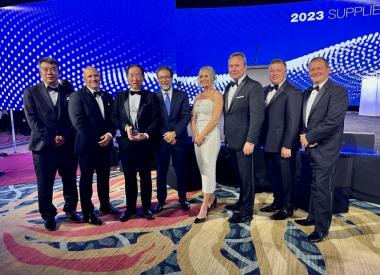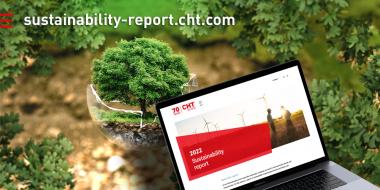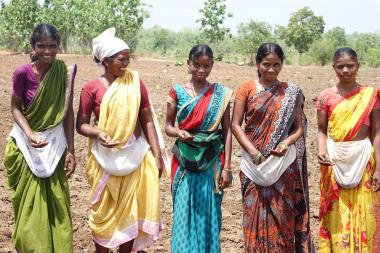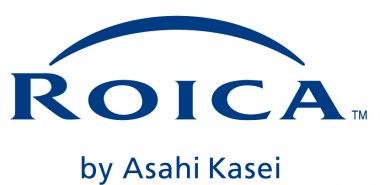Release of GOTS Due Diligence Handbook
The Global Organic Textile Standard (GOTS), in cooperation with the Hague-based UpRights Foundation, launches the GOTS Due Diligence Handbook for Certified Entities. This landmark publication is a crucial step forward in the promotion of sustainability, human rights and ethical business conduct in the textile sector.
Clear Guidance for GOTS Certified Entities Based on Recognised International Standards
The GOTS Due Diligence Handbook for Certified Entities is based on the recognised international frameworks, including the OECD Due Diligence Guidance for Responsible Supply Chains in the Garment and Footwear Sector (2018) and the UN Guiding Principles on Business and Human Rights (UNGPs). The Handbook offers GOTS Certified Entities clear guidance on integrating due diligence processes into their operations, thereby helping them to comply with domestic due diligence laws such as the German Supply Chain Law, French Vigilance Law, and upcoming EU legislation.
A Comprehensive Blueprint
The GOTS Due Diligence Handbook for Certified Entities was developed as a structured roadmap, leading Certified Entities through the process of establishing and refining their management systems. The emphasis of the Handbook is on a holistic due diligence approach, ensuring that GOTS-certified companies not only identify but also proactively prevent and effectively mitigate potential adverse impacts on human rights and the environment. The Handbook ensures that GOTS Certified Entities are equipped with the knowledge and tools to respond to potential challenges, transforming them into leaders in responsible business conduct within the textile sector. The GOTS 7.0 criteria, bolstered by this Handbook, paves the way for a more sustainable and socially conscious business approach in the textile sector.
OECD Standards Assessment
GOTS is currently undergoing the OECD Alignment Assessment, a three-stage process that will result in a reputable, independent evaluation of the GOTS Criteria's alignment with the OECD's due diligence guidance documents. The process includes a Standards Assessment, an Implementation Assessment and a Credibility Assessment. As GOTS enters the Standard Assessment phase, it effectively showcases its dedication to sustainable practices, in line with the comprehensive international framework for responsible garment and footwear supply chain laid out in the OECD Due Diligence Guidance. This process, supported by the German Federal Ministry for Economic Cooperation and Development, began in July 2023 and is expected to be completed in January 2024.
GOTS - Global Organic Textile Standard































